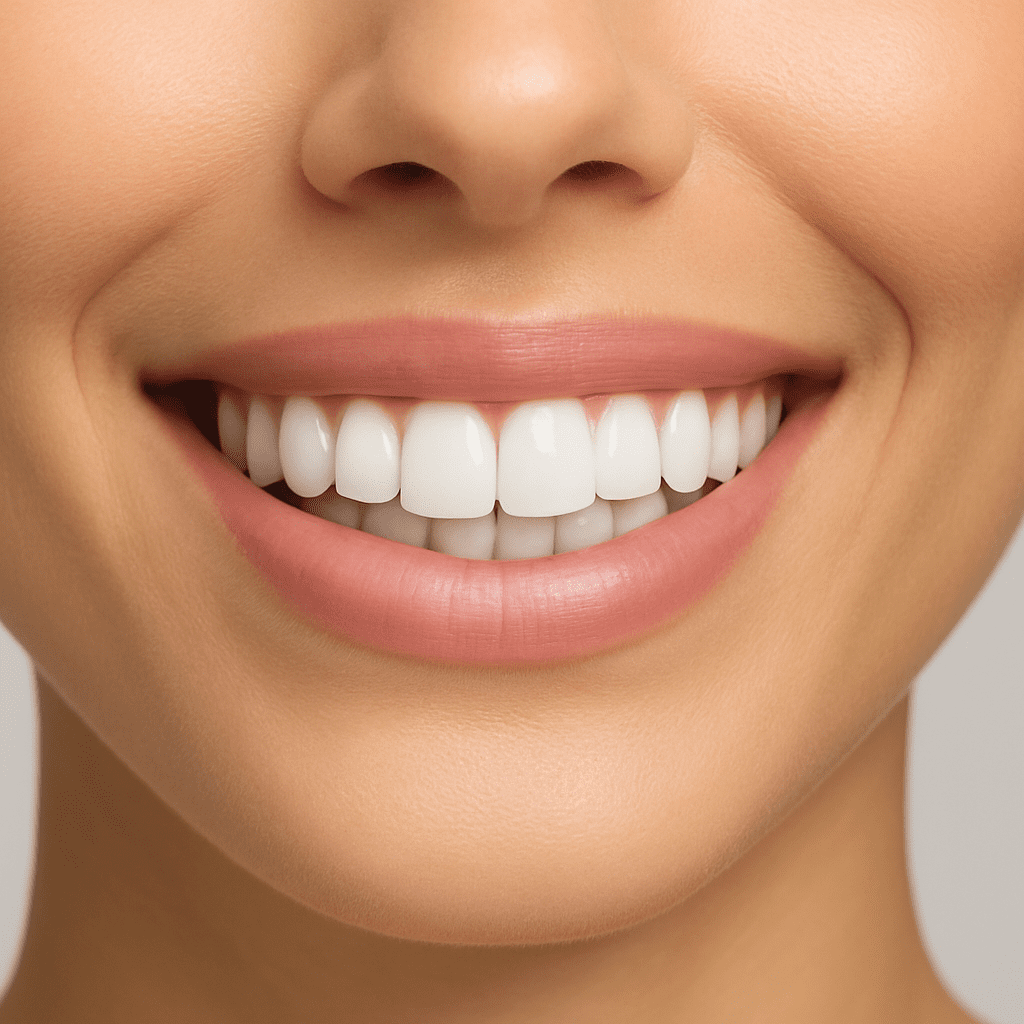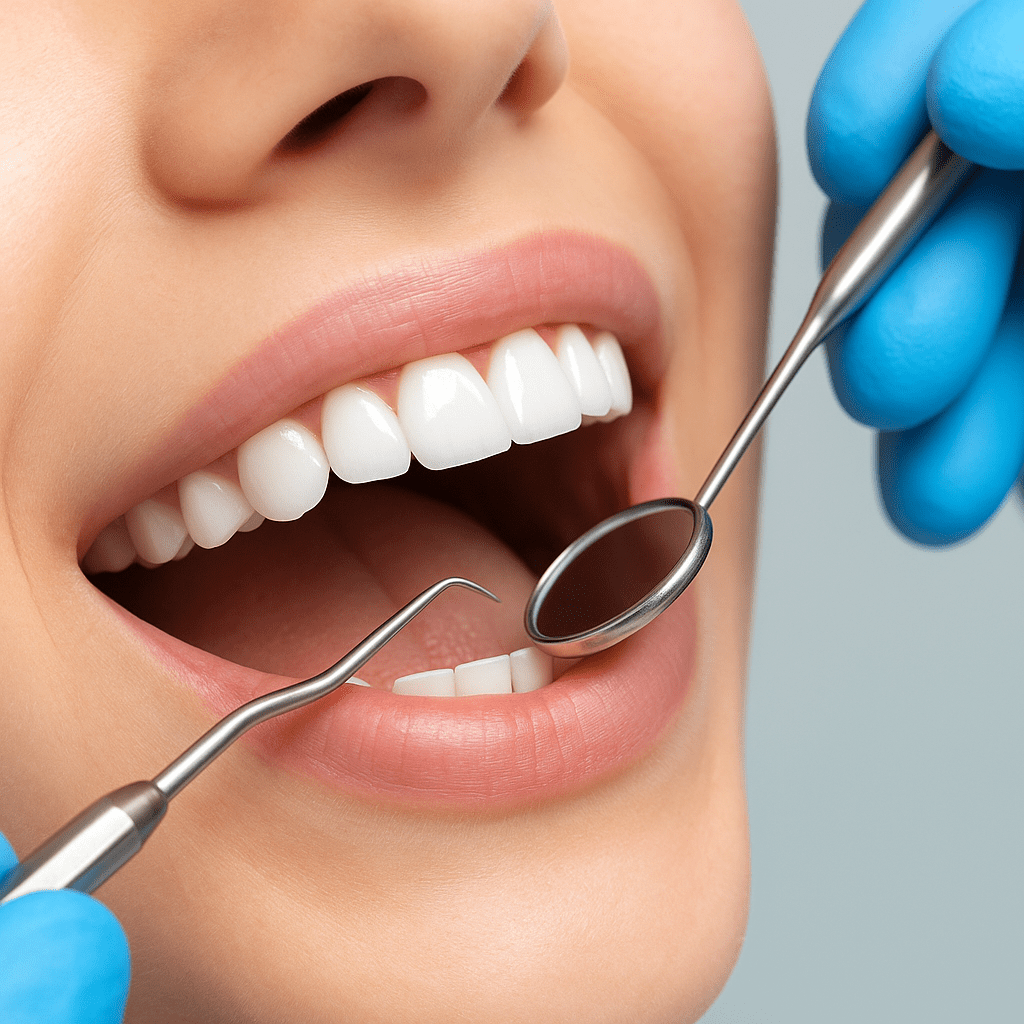Have you ever winced while sipping hot coffee or enjoying an ice cream cone? If so, you’re not alone. Tooth sensitivity is a common issue that affects people of all ages—whether you’re a busy professional grabbing a quick bite or a parent sharing a treat with your child. The good news is that tooth sensitivity is manageable and, in many cases, reversible.
In this blog, we’ll break down what causes sensitive teeth, how you can find relief, and when it’s time to seek help from your dentist.
What Is Tooth Sensitivity?
Tooth sensitivity occurs when the protective layers of your teeth are compromised, exposing the underlying dentin and nerve endings. This exposure leads to discomfort or pain when your teeth come into contact with hot, cold, sweet, or acidic foods and drinks. Some people may even feel sensitivity when brushing or breathing in cold air.
Common Causes of Tooth Sensitivity
Understanding the root of the problem is the first step in addressing it effectively. Here are some of the most common culprits:
-
Enamel Erosion
The enamel is the hard outer layer of your teeth that acts as a protective shield. Over time, enamel can wear down due to:
- Frequent consumption of acidic beverages like soda, wine, or citrus juice
- Aggressive brushing with hard-bristled toothbrushes
- Acid reflux or frequent vomiting (as seen in certain medical conditions)
-
Gum Recession
As gums recede—either due to aging, gum disease, or improper brushing—they expose the roots of your teeth, which aren’t protected by enamel. These roots contain tiny tubules that connect directly to the tooth’s nerve, leading to increased sensitivity.

-
Tooth Grinding (Bruxism)
Grinding your teeth—especially at night—can wear down enamel and create microcracks in the teeth, both of which increase sensitivity. Stress and poor sleep habits often contribute to this condition.
-
Dental Procedures
Recent dental treatments like fillings, whitening, or cleanings can cause temporary sensitivity. This typically fades after a few days, but it’s worth monitoring if it persists.
Practical Solutions for Relief
Tooth sensitivity can disrupt your daily routine, but the right strategies can provide lasting relief. Here’s what you can do:
-
Switch to Desensitizing Toothpaste
These specialized toothpastes block the pain signals from the surface of the tooth to the nerve. Look for options with ingredients like potassium nitrate or stannous fluoride. Use them consistently for several weeks for best results.
-
Brush Gently with a Soft-Bristled Toothbrush
Avoid vigorous brushing, which can worsen enamel erosion and gum recession. Instead, use a soft-bristled toothbrush and gentle, circular motions.
-
Avoid Acidic and Sugary Foods
Cutting back on acidic foods and drinks can help protect enamel from further erosion. If you do indulge, rinse your mouth with water afterward and wait at least 30 minutes before brushing.
-
Fluoride Treatments
Your dentist may recommend in-office fluoride treatments or prescribe fluoride gels to strengthen enamel and reduce sensitivity.
-
Wear a Night Guard
If tooth grinding is the issue, a custom-fitted night guard can protect your teeth while you sleep.
When to See a Dentist
While occasional sensitivity may not be cause for concern, persistent or worsening symptoms require professional evaluation. You should see a dentist if:
- Sensitivity lasts more than a few days
- Pain interferes with eating or sleeping
- There’s visible damage to a tooth (cracks, chips, or decay)
A dental examination can identify the underlying cause and rule out serious conditions like cavities or gum disease.
Final Thoughts
Tooth sensitivity doesn’t have to put a damper on your favorite meals or daily activities. With a few simple changes and the right dental care, you can enjoy a pain-free smile. Whether you’re managing a family or balancing a busy work schedule, taking care of your oral health is a smart investment in your overall well-being.
If you’re experiencing tooth sensitivity, book an appointment with your dentist today to explore your options for relief—and get back to enjoying life without the wince.

